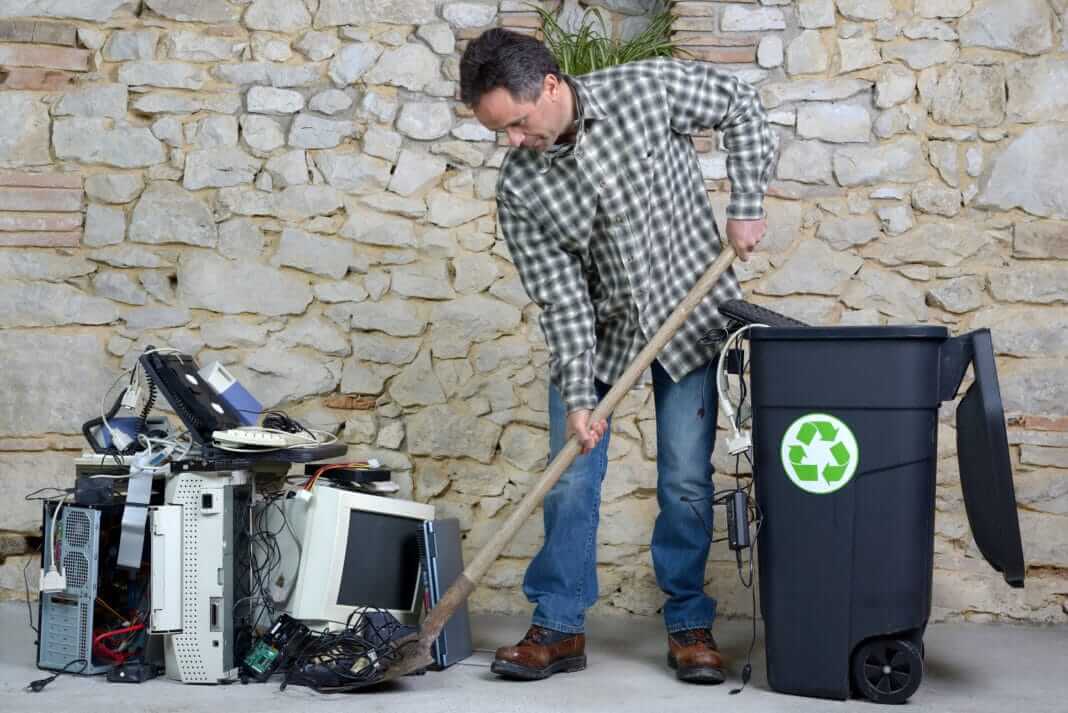Have you ever wondered what happens with electronic things that you no longer see in your home, such as cell phones, refrigerators, televisions.
In the face of the incessant disposal of electrical and electronic equipment, the differentiated collection and recycling of this kind of waste is negligible. The collection and recycling programs carried out by companies are merely advertising and many times the government only offers some solutions.
Currently, electronic waste ends up being disposed of in landfills or landfills and is even incinerated. The metals and other elements that possess these Waste Electrical and Electronic Appliances better known as WEEE are toxic and pollute the environment, damaging the air we breathe, the earth and the water we drink.
This is what happens when this type of garbage is removed, which greatly pollutes the environment and we must stop doing so.
Export
Electronic waste is commonly exported from industrialized countries to developing countries, often violating the Basel Convention. In this way, the problem of managing this type of waste is transferred to the poorest countries that, in addition, have not consumed them.
Landfills and dumps
When the waste is deposited in the landfills, they begin to decompose through a series of complex chemical processes. The main products of decomposition are leached liquids and gases.
Both liquids and gases can affect the health of surrounding populations. Leachate liquids are formed by percolating liquids (for example, rainwater) through decomposing substances.
The liquid, when flowing, dissolves some substances and carries particles with other chemical compounds. Organic acids formed at certain stages of the decomposition of leachate contents (such as acetic, lactic or formic acid) dissolve the metals contained in the waste, transporting them with the leachate.
This is how the metals found in the waste deposited in the landfills, due to the acidic nature of the leached liquids, are dissolved and transported. Metals and other toxic compounds can leach soils and flow through waterways and aquifers, polluting the environment in general.
Incineration
The incineration of electrical and electronic equipment releases heavy metals such as lead, cadmium and mercury into the atmosphere. Mercury released into the atmosphere can bioaccumulate in the food chain, particularly in fish, which is the main route of exposure for the general public.
If the products contain polyvinyl chloride (PVC), chlorinated dioxins and furans are released. Brominated Fire Retardants (RFB) release brominated dioxins and furans.

